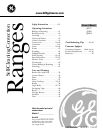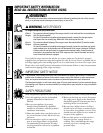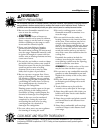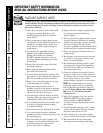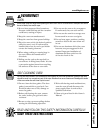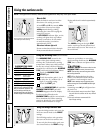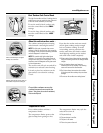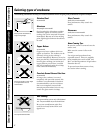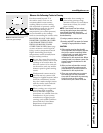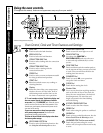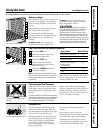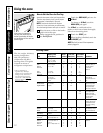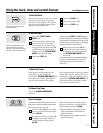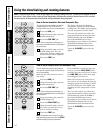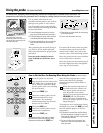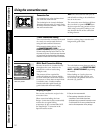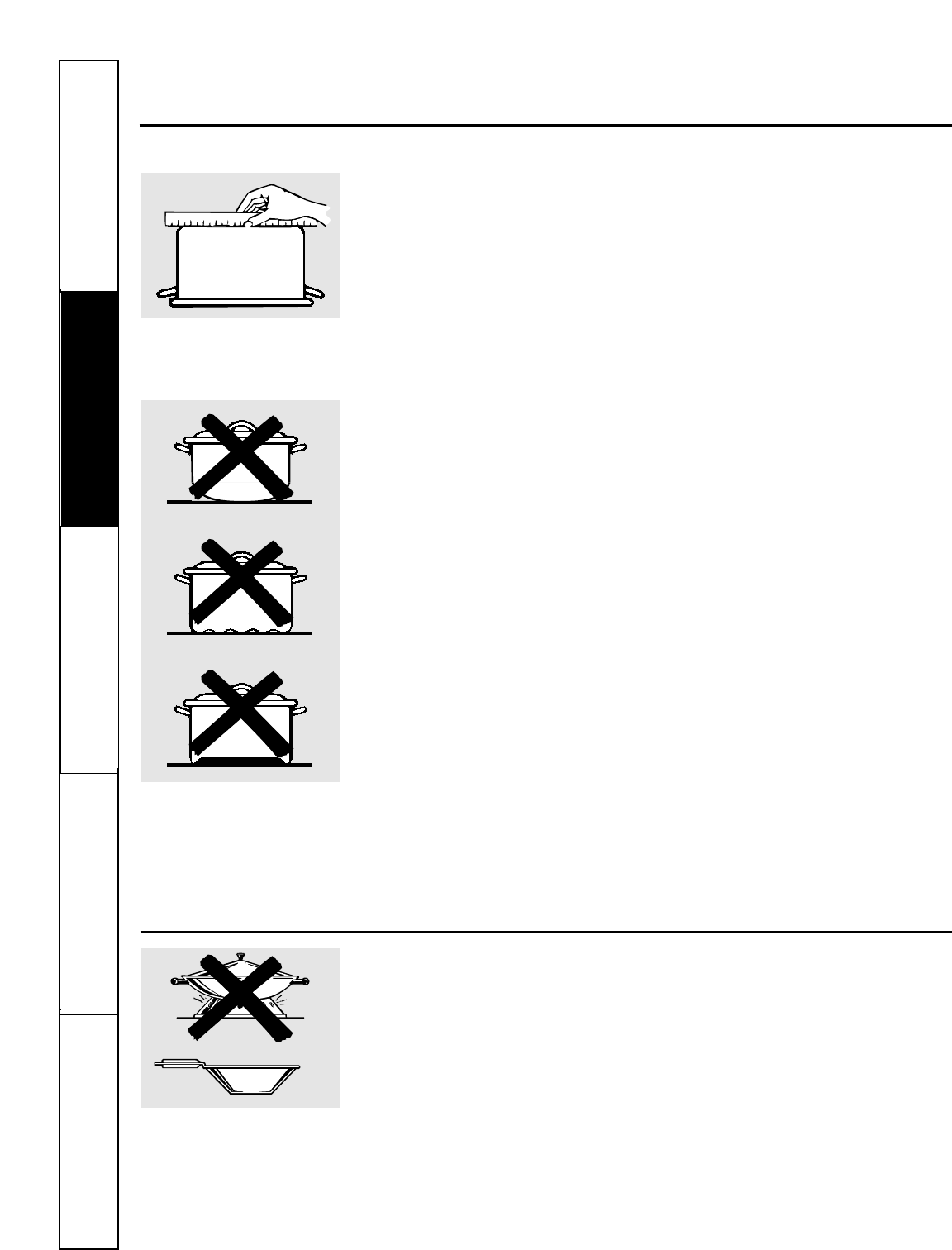
Selecting types of cookware.
The following information will help you choose cookware which will give good performance on glass cooktops.
Stainless Steel:
recommended
Aluminum:
heavyweight recommended
Good conductivity. Aluminum residues
sometimes appear as scratches on the
cooktop, but can be removed if cleaned
immediately. Because of its low melting
point, lightweight aluminum should not
be used.
Copper Bottom:
recommended
Copper may leave residues which can
appear as scratches. The residues can be
removed, as long as the cooktop is
cleaned immediately. However, do not let
these pots boil dry. Overheated metal can
bond to glass cooktops. An overheated
copper bottom pot will leave a residue
that will permanently stain the cooktop
if not removed immediately.
Porcelain Enamel-Covered Cast Iron:
recommended
As long as the cookware is covered
completely with porcelain enamel, this
cookware is recommended. Caution is
recommended for cast iron cookware
that is not completely covered with
smooth porcelain enamel, since it may
scratch the glass ceramic cooktop.
Glass-Ceramic:
usable, but not recommended
Poor performance. May scratch the
surface.
Stoneware:
usable, but not recommended
Poor performance. May scratch the
surface.
Home Canning Tips:
Be sure the canner is centered over the
surface unit.
Make sure the canner is flat on the
bottom.
Use recipes and procedures from
reputable sources. These are available
from manufacturers such as Ball
®
and
Kerr
®
and the Department of Agriculture
Extension Service.
To prevent burns from steam or heat,
use caution when canning.
Check pans for flat bottoms by
using a straight edge.
Pans with rounded, curved, ridged
or warped bottoms are not
recommended.
Use only flat-bottomed woks.
Wok Cooking
We recommend that you use only a flat-bottomed
wok. They are available at your local retail store.
Do not use round-bottom woks. You
could be seriously burned if the wok
tipped over.
8
Consumer Support Troubleshooting Tips Care and Cleaning Operating Instructions Safety Instructions



